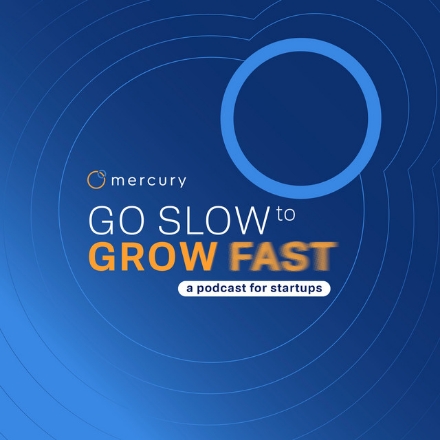Timecoded Guide:
- [00:00] Start of episode
- [01:17] Adrian’s background as a founder and pathway to venture
- [17:01] Role of fundraising in the zero to one Strategy
- [20:00] Navigating the zero to one journey in an uncertain environment
- [21:25] Pitfalls to avoid during a downturn
- [22:16] The art of understanding the “no.”
- [23:30] Building capital in the early stages
What role do you think fundraising plays in the zero to one strategy?
First off, Adrian thinks fundraising is a distraction for the majority of companies. Except for companies that are exceptionally difficult to start without a lot of upfront investment, Adrian thinks that founders should focus on selling and building in the early stages. If you can find early adopters and build a feature with their needs in mind, you can also assemble talent and forge a culture—which is equally as important, Adrian says.
“If it’s a compelling enough vision and customer opportunity, you should be able to recruit people who can build and in that stage, you need sellers, need builders.”
What do you tell a founder who’s navigating an uncertain economic environment?
First, Adrian says that a company should focus on building something that will create unique value for a given market segment. A team should focus their vision and go for it. Compensation can then come in the form of equity and capital efficiency. Profit break is all the rage now, Adrian says, and that again, it all circles back to building a sustainable culture.
“As you’re building that team, as you’re going after that vision, going after that unique value, building a culture that’s sustainable, that has clarity, that’s balanced, that’s inclusive of everybody that would be on that road with you.”
What are some pitfalls to avoid when withstanding a downturn?
In the early building stages, it’s easy to keep the blinders on. But you have to look up, look around, and see what’s in front of you, where the competition is going, Adrian says. You have to see how the competition is changing as well, while watching old competition. How do you anticipate where they’re going to go? Being mindful of what’s around you and in front of you is incredibly important in the early stages, Adrian says.
“You can’t see out there if you don’t force yourself. You have to force yourself all the time to see what’s out there, look for it. Look for competition, see what’s in front of you.”
The art of understanding the “no.”
On first instinct, one might want to tune out being told “no.” Like Adrian says, 75% of the no’s are baseless—but 25% are not. Sometimes, the no’s are worth listening to and they often have value. You have to learn to understand the no’s, not take them personally, and you have to learn to love them too. Adrian says there’s a lot to learn from the no’s.
“There is nothing more valuable than your time. Nothing. It’s not the cash in your pocket. It’s your time. And so getting to understanding and really appreciating and loving the no’s because you’ll learn from the no’s.”





